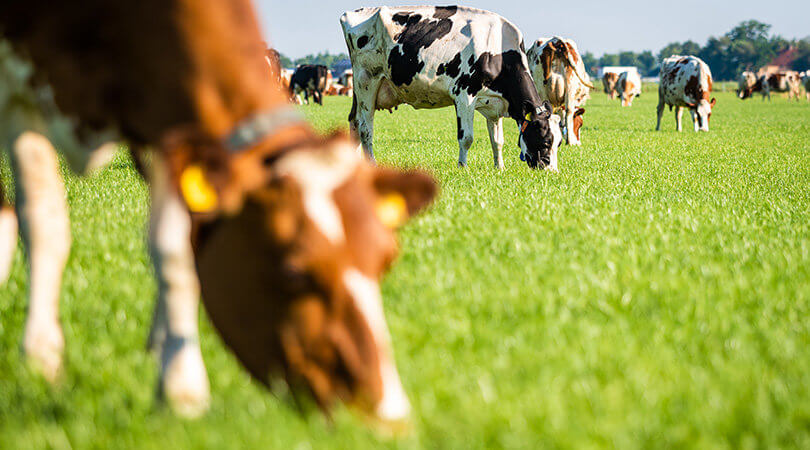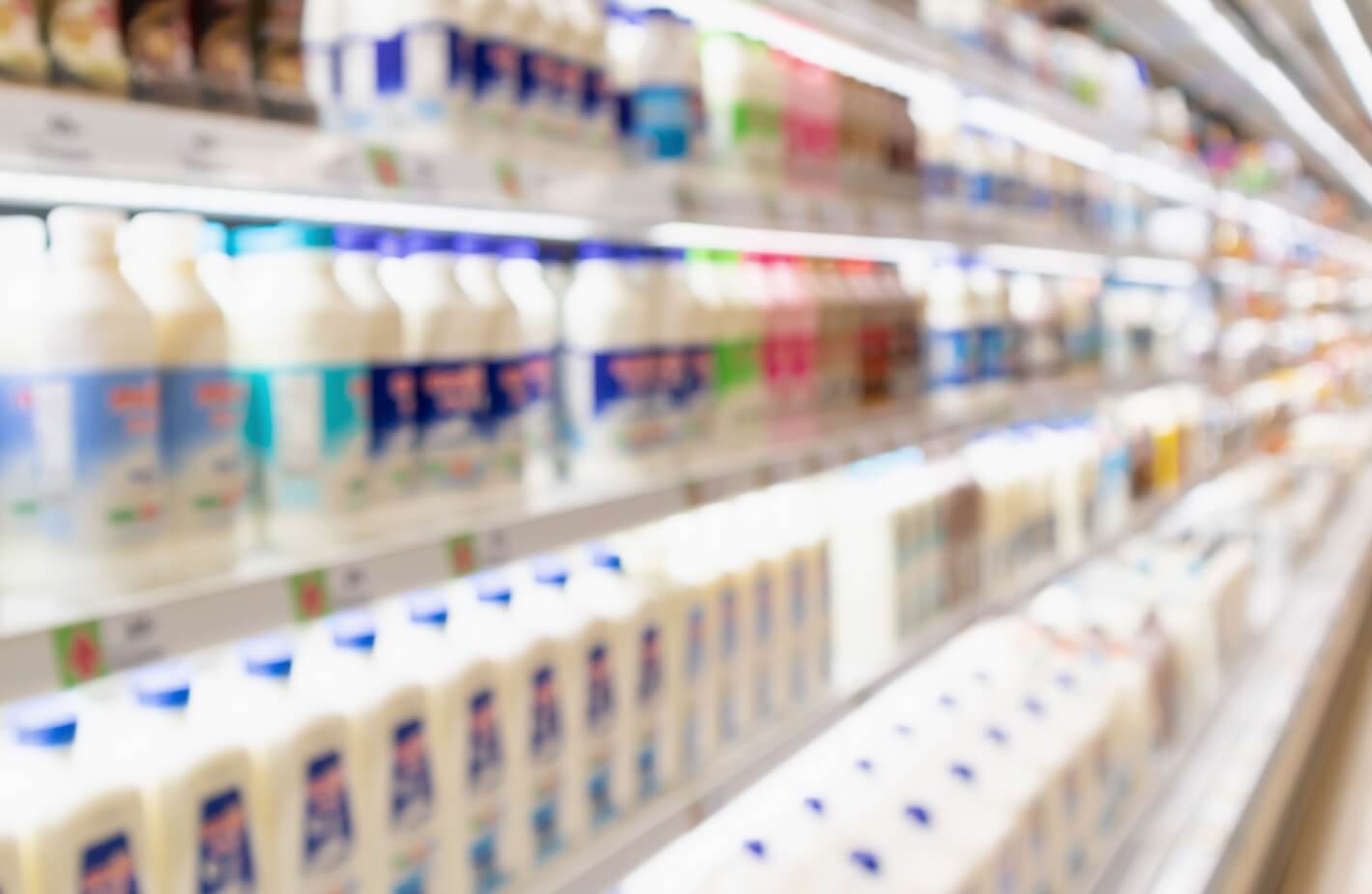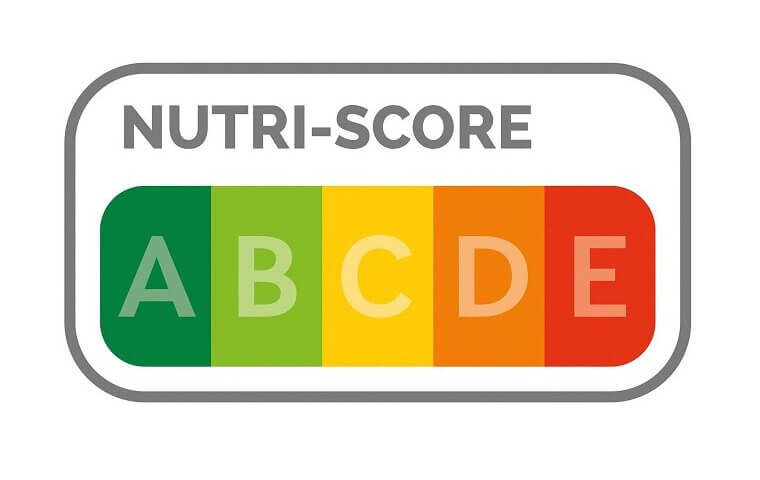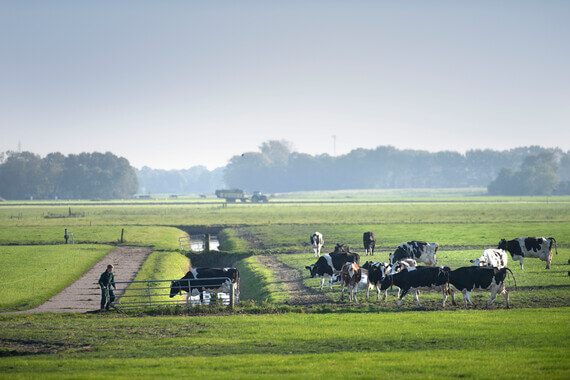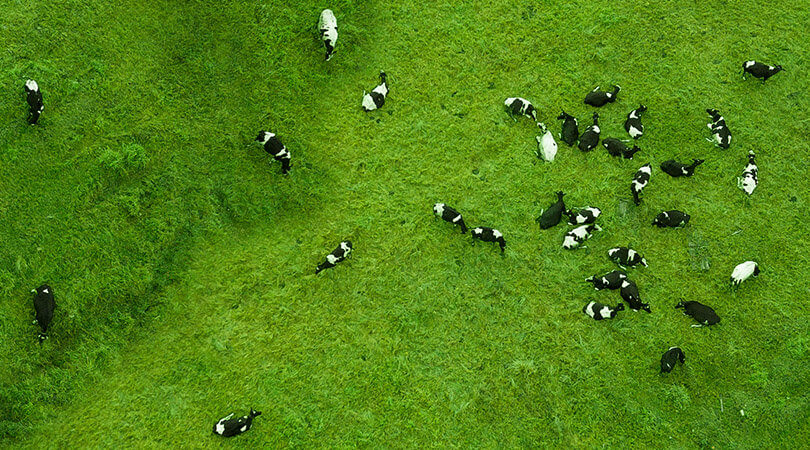
WEcR: Intensified sustainability at dairy farms is costly for farmers
Making milk production more sustainable is only feasible for dairy farmers if government and market players step in. Increased sustainability is possible, but the financial consequences for dairy farms are significant, according to a study from Wageningen Economic Research. At the request of the Ministry of Agriculture, Nature and Food Quality (LNV), Wageningen examined the effects of sustainability on the income of dairy farmers and others.
Dairy farmers are technically able to meet the targets for ammonia, biodiversity, climate and water quality, but at the expense of their income. Many farms will face financial problems; without financial support, their survival will be at stake.
Depending on farm size, soil type and degree of extensification, costs per dairy farm range between 16,000 euros and 43,000 euros a year. An average dairy farm will lose an annual 27,000 euros in income until 2030, according to the researchers. An average 12,000 euros of this is attributable to the consequences of manure legislation, which requires dairy farmers to use less manure on their land.
To compensate for the expected income loss, the researchers say government support is needed. Compensation for so-called green services that farms can provide, or subsidies, are a few examples of such support. Market players can also help by offering a higher price for more sustainable products.
The average dairy farm income last year was 78,000 euros. This was a decline of 44,000 euros compared to 2022. The main reason for the drop in income was a rise in milk supply among the main dairy countries in Europe, which led to a drop in milk prices. For Dutch dairy farmers, last year’s milk price was about 18% lower than in 2022, according to Wageningen Economic Research.
Report (in Dutch): Uitwerking bedrijfstypen voor duurzame landbouw
